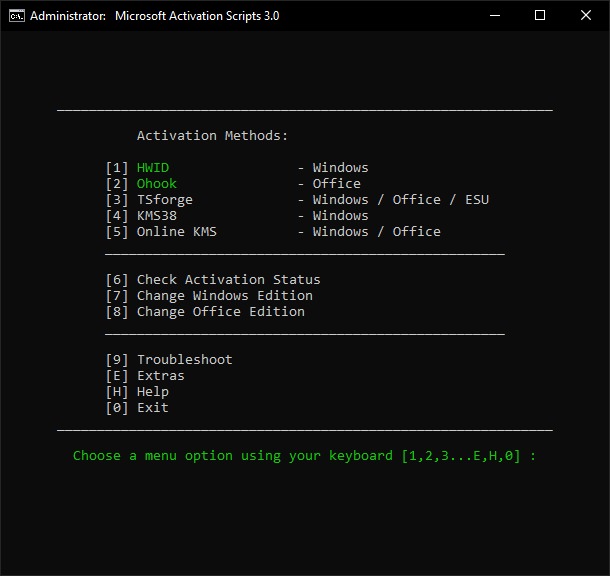Recent Articles



A comprehensive guide to the fundamental rights guaranteed under Part III of the...